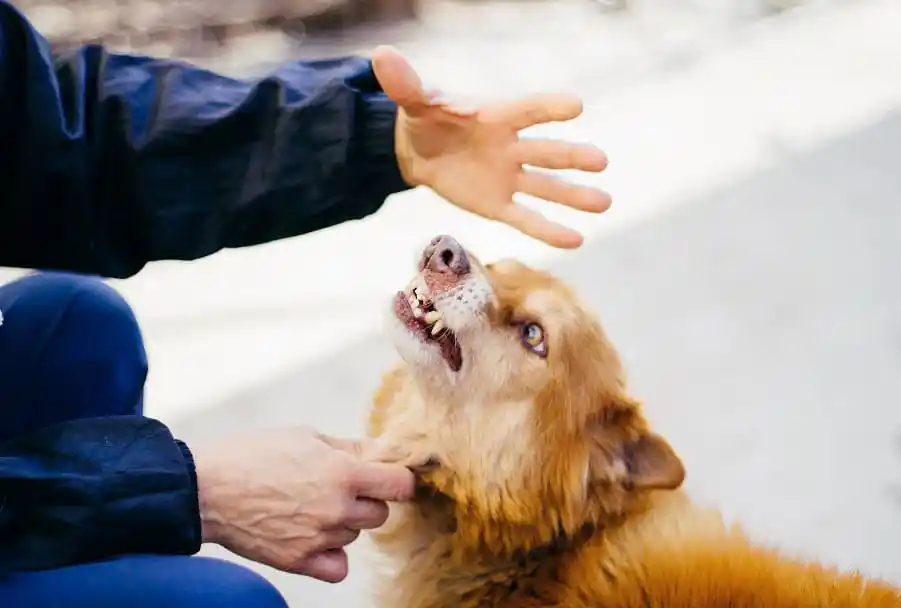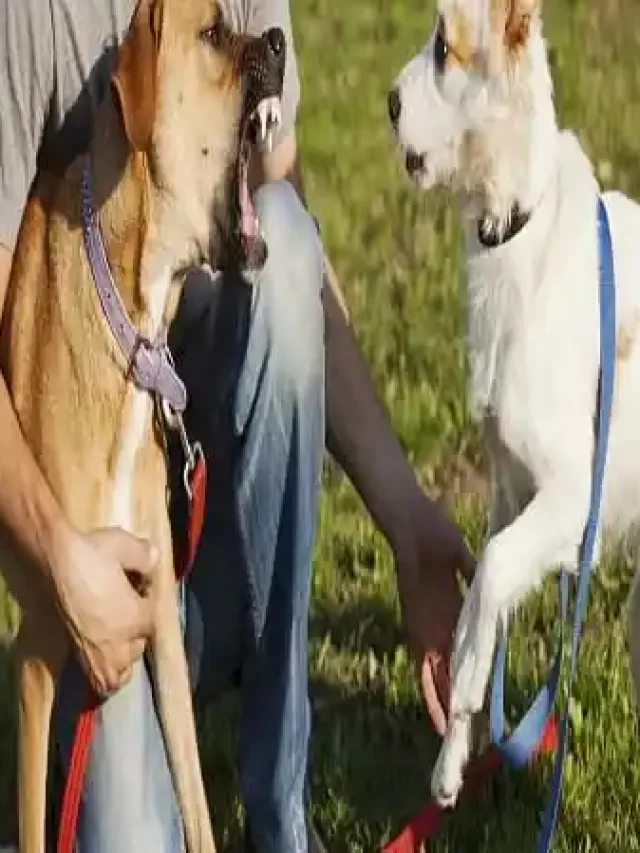Dogs, commonly known as man’s best friend, possess an extraordinary capacity for unconditional love. Nevertheless, akin to humans, they harbor preferences and aversions. While dogs are generally forgiving beings, certain human behaviors can perturb them. Grasping these dislikes can aid in fostering healthier relationships with our beloved furry companions. Below are the top ten things that dogs hate about human habits:
Lack of Attention:
Dogs thrive on attention and companionship. Being left alone for extended periods or ignored can evoke feelings of loneliness and distress in dogs. They yearn for interaction and bonding with their human counterparts.
Inconsistent Rules:
Dogs appreciate consistency and routine. When humans are inconsistent with rules and expectations, it can befuddle and frustrate them. Clear boundaries help dogs comprehend what is expected of them and foster a sense of security.
Forceful Handling:
Dogs abhor rough handling or being coerced into uncomfortable situations. Rough grabbing, pulling, or forcefully restraining them can instill fear and anxiety. Employing gentle, positive reinforcement techniques proves more effective in training and cultivating trust.
Loud Noises:
Dogs possess sensitive hearing, and loud noises can agitate them. Yelling, shouting, or excessively using noisy household appliances can induce stress and discomfort. Creating a serene and tranquil environment benefits both humans and their canine companions.
Neglecting Exercise:
Dogs are naturally active creatures requiring regular exercise for their physical and mental well-being. A sedentary lifestyle can induce boredom and behavioral problems. Regular walks, playtime, and mental stimulation are imperative for a contented and healthy dog.
Overfeeding and Unhealthy Treats:
Although dogs relish treats, overindulgence or offering unhealthy snacks can precipitate obesity and health complications. Dogs dislike when they feel uncomfortably full or when they are deprived of nutritious meals. Providing a balanced diet and utilizing treats in moderation fosters good health and prevents obesity-related issues.
Lack of Socialization:
Dogs are social beings that delight in interacting with other animals and people. Limited socialization can evoke fear or aggression towards unfamiliar beings. Introducing dogs to diverse environments, experiences, and individuals from an early age fosters confidence and sociability.
Ignoring Body Language:
Dogs primarily communicate through body language, often overlooked or misinterpreted by humans. Disregarding signs of discomfort or stress, such as lip licking or yawning, can escalate into confrontations or anxiety. Learning to interpret and respect a dog’s body language enhances communication and understanding.
Punitive Training Methods:
Dogs detest punishment-based training methods reliant on fear or intimidation. Severe discipline can rupture the bond between humans and dogs and engender anxiety or aggression. Positive reinforcement techniques, such as rewards and praise, incentivize desired behaviors and fortify the human-dog relationship.
Isolation and Lack of Companionship:
Dogs are pack animals that flourish on companionship and social interaction. Isolating or confining someone to a small space for prolonged periods can induce feelings of loneliness and boredom. Involving dogs in daily activities, spending quality time together, and facilitating opportunities for socialization satisfy their need for companionship and stimulation.
Dogs Hate About Human Habits” encompasses a range of behaviors that can disturb our canine friends. Inconsistent routines, invasive gestures, and neglect of their needs are among the top grievances. Understanding and addressing these habits is essential for fostering a strong and mutually beneficial bond between humans and dogs.
In conclusion, recognizing and addressing dogs’ dislikes can cultivate stronger bonds and happier relationships between humans and their canine companions. By providing attention, consistency, positive reinforcement, and a nurturing environment, we can ensure that our cherished furry friends feel cherished, esteemed, and comprehended. Dogs bestow upon us boundless joy and loyalty; it’s only fitting that we endeavor to engender a harmonious and gratifying life for them in reciprocation.


